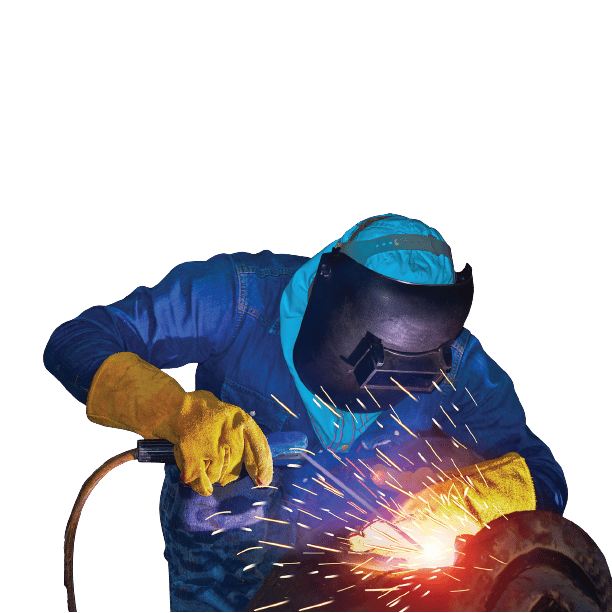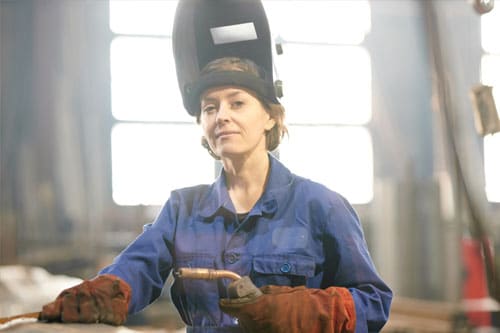
Regional Supplemental Services

How Can RSS Help You Fill Your Open Welding Positions

When you choose to work with RSS Inc., the welders we place are our employees. This means we take care of employment taxes, benefits, insurance, etc., resulting in savings for payroll taxes, insurance, benefits, and more for your company. Contact us today to learn more.
Welding Positions
We employ welders knowledgeable in the latest welding techniques with up-to-date certifications for positions including:
MIG welder
TIG welder
ARC welder
Pipe welder
Metal fabricator
Welding supervisor
Welding inspector
Welding engineer
Structural welder
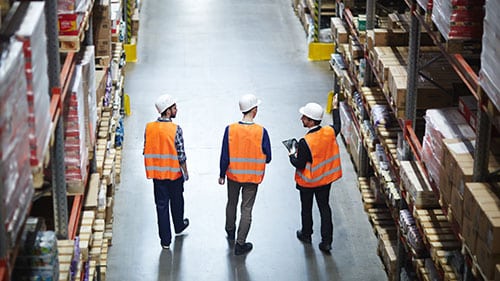
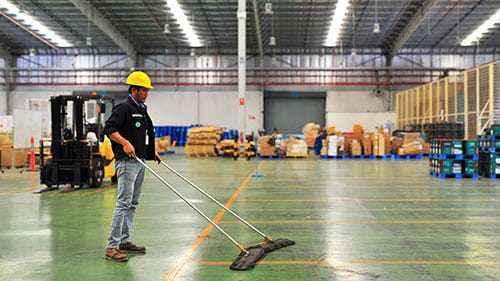
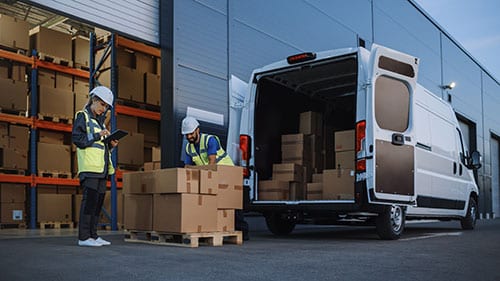
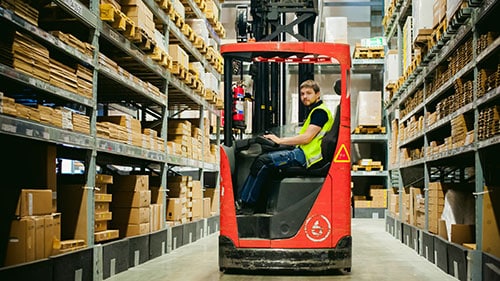
Proven track record
Proven track record of success in placing hard-to-find candidates in a wide variety of industries
Strategies for long-term employment
Strategies for long-term employment so you can keep your staff on board for as long as you need them
Immediate assistance
Immediate assistance in the event of an emergency so you can rest assured that your business will remain productive
Cost-cutting strategies
Cost-cutting strategies that can help you save money on your staffing expenses
Seasonal job protection
Seasonal job protection so you don’t have to worry about your employees being laid off at the end of the season
A family-owned business
A family-owned business committed to providing you with exceptional service
An Unparalleled Record of Performance
Client Testimonials
Frequently Asked Questions
What does a welder do?
Welding is an exciting job with many opportunities for professional growth and financial security. According to the Bureau of Labor Statistics, employment of welders is projected to grow 2 percent from 2021 to 2031, with an estimated 47,000 job openings for welders, cutters, solderers, and brazers projected each year.
Welders join metal pieces or components to produce a variety of structures and products. They use various techniques, including welding, brazing, and soldering. Depending on the job requirements, welders may need to use shielded metal arc welding (SMAW), gas tungsten arc welding (GTAW), or flux-cored arc welding (FCAW).
By combining an understanding of metalworking processes, manual dexterity, and mathematical skills, welders can create durable connections between two pieces of metal that can withstand extreme temperatures or pressures. With attention to detail and an eye for precision, welders ensure their finished products meet industry standards and perform as expected.
What skills do welders need?
Welders should be comfortable with mathematics to determine angles and other calculations that might be required during the process. Additionally, they should have excellent manual dexterity and be able to work in uncomfortable positions for extended periods. The ability to read blueprints is also essential to correctly interpret instructions and ensure the accuracy of the finished product. Proper safety measures must always be taken, and welders must be aware of the fire hazards associated with welding. They should also know the materials they are working with to ensure they use the correct tools and processes for the job.
In addition to these essential skills, welders need to stay up-to-date on technological developments that can make their job easier. By using the latest tools and techniques, welders can increase accuracy, reduce the time needed to complete tasks, and ensure a higher-quality finished product. These advances include orbital welding machines, laser-guided cutting systems, and automated welding robots.
Welding also requires workers to handle potentially hazardous materials like lead, asbestos, and toxic gases. For this reason, employers typically require welders to have safety training so they can identify potential risks in the workplace and take steps to avoid them. Additionally, many states impose licensing requirements for welders working with specific types of metals or performing certain welding operations.
What kind of industries do welders work in?
Welders work in various industries, including construction, manufacturing, automotive repair, and shipbuilding.
What is the difference between a welder and a metal fabricator?
Welders and metal fabricators are two distinct professions within the metalworking industry. While both careers involve using tools and techniques to shape various metals into useful components, they have different roles in the manufacturing process. Welders connect metal components by melting them at certain temperatures and locations on a finished product. They use a welding gun, soldering iron, or other specialized tools to combine pieces of metal with great precision and skill. The welds created must be strong enough to withstand the forces applied to them without breaking apart.
On the other hand, metal fabricators are responsible for constructing metal parts from scratch according to customer specifications. This includes cutting, bending, rolling, joining, and finishing the metal. Metal fabricators must have a vast knowledge of the properties of different materials to create structures with the desired strength and resilience. They use cutting tools, presses, grinders, and other machinery to shape pieces of metal into their desired form.
Both welders and metal fabricators require a great deal of skill and experience to do their jobs correctly, but they play different roles in manufacturing. Welding combines finished products, while fabrication involves creating parts from scratch according to customer specifications. Both are highly skilled positions essential to many industries, such as automotive, aerospace, construction, etc. As such, these professions are highly sought after by employers worldwide.
For Employers Looking for Staffing Solutions?
Employers please submit the form below regarding your need for staffing solutions.

